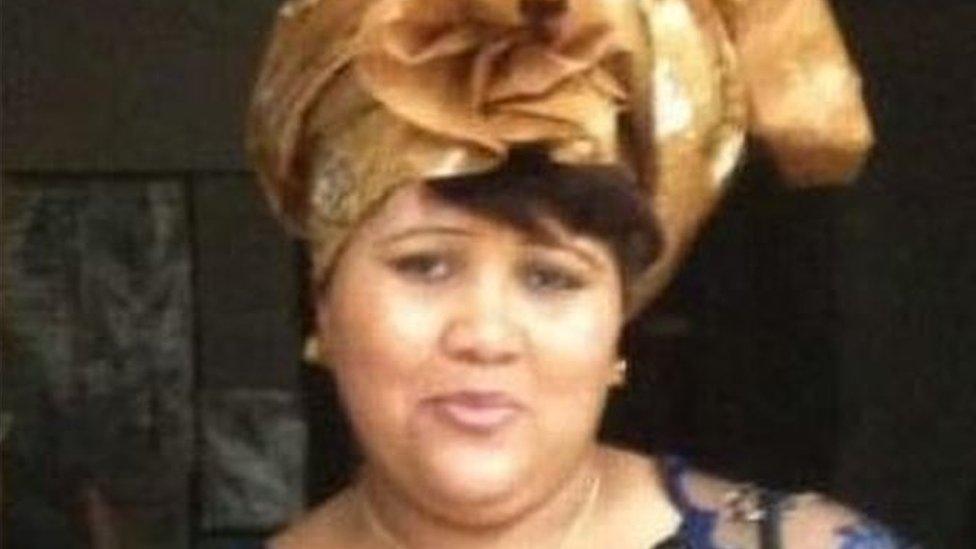Prison officers 'ignoring' body-worn video camera rules
- Published
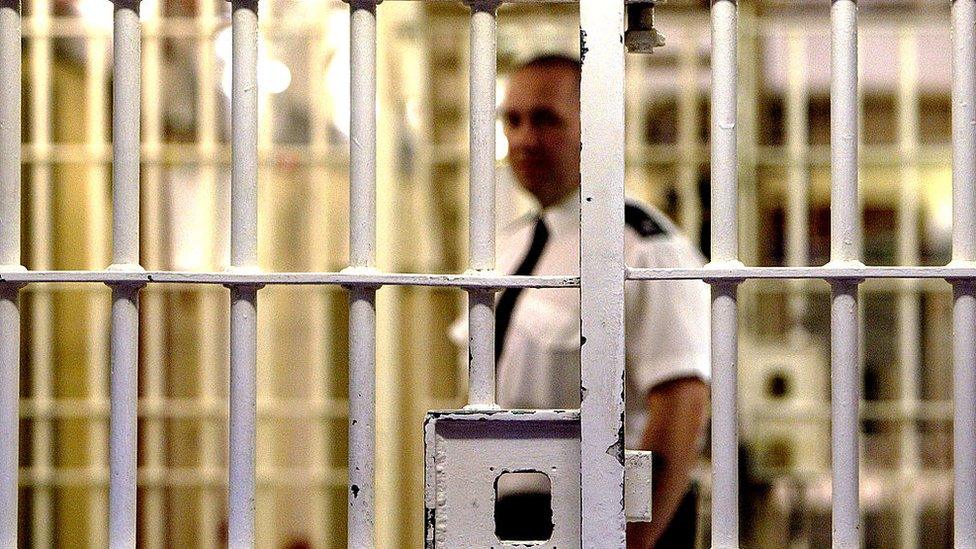
Some officers were said to be "reluctant" to use the technology, which is intended to deter violence
Prison officers "routinely ignore" rules on when to use body-worn video cameras and fail to record use of force against inmates, charities have warned.
Separate concerns have been raised over the under-use of cameras at nine jails this year, BBC research has found.
The Prison Reform Trust said it was "very worrying" officers were disregarding "completely clear" instructions on when to use cameras.
The Prison Service said it was taking measures to address the problem.
The technology was introduced in 2017 in an attempt to reduce violence and allow a "more detailed examination" of how staff manage disorder.
Officers who carry body-worn cameras must start recording if they expect to use force or if they are "responding to an alarm bell or incident", according to HM Prison and Probation Service, external.
However, inspectors have found officers failing to follow protocol at prisons across the country.
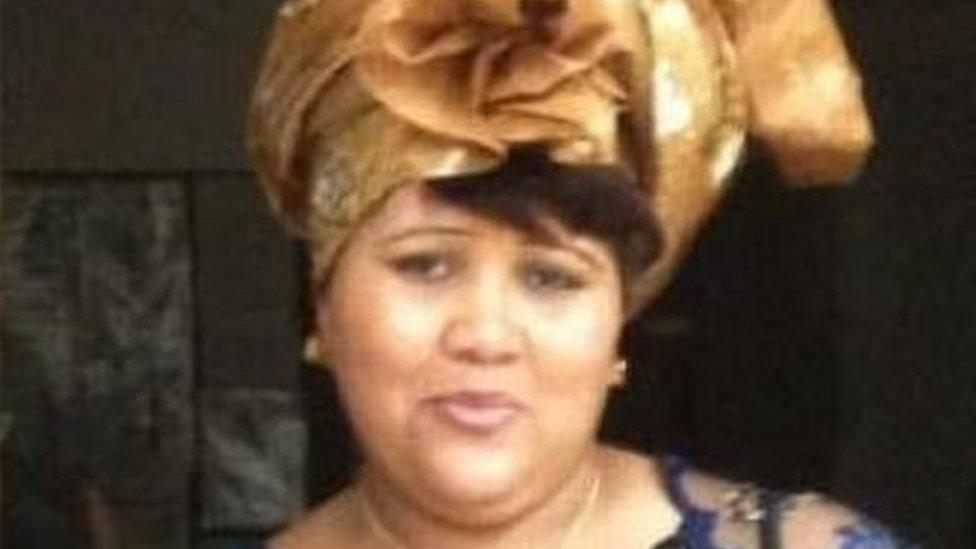
Prison officers' contact with Annabella Landsberg, who died after being restrained, was not captured on camera
At HMP High Down, in Surrey, cameras were "not routinely turned on when responding to general alarms", an Independent Monitoring Board (IMB) report said, external.
"Prisoners have reported asking for the [cameras] to be turned on but have sometimes been declined," it said.
Some officers were "reluctant" to use cameras, with only about half of the 70 units available in use each day.
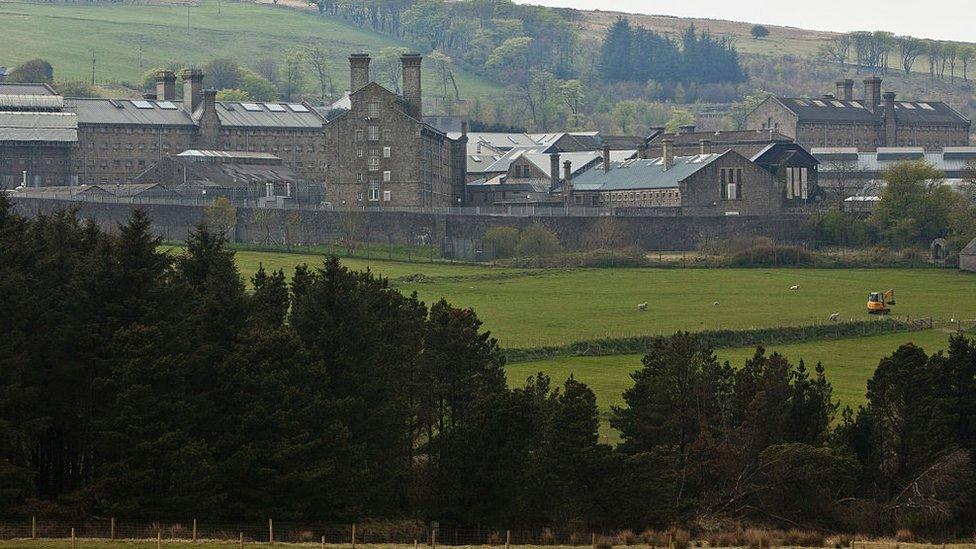
Prison monitors raised concerns about the "inconsistent" use of cameras at HMP Dartmoor
Concerns were also raised at HMP Dartmoor in Devon and the IMB said, external: "One incident, which involved a prisoner and a number of staff, was not recorded, despite the fact that several of the staff had adequate time to switch their cameras on."
HM Inspectorate of Prisons (HMIP) said it was "particularly concerned" about the way use of force was recorded at HMP Isis, external.
There was a 21% increase in the use of force and a 28% rise in assaults and fights at the prison and young offenders institute in south-east London in 2018.

'A truly shocking death'
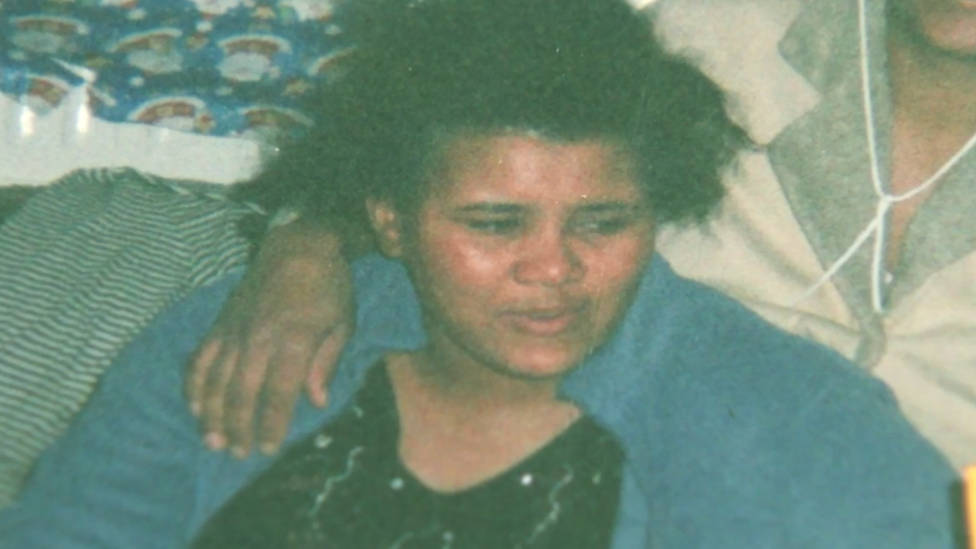
A brain injury left Annabella Landsberg "more like a child than an adult"
Annabella Landsberg died after being restrained and left for 21 hours on the floor of her cell at HMP Peterborough.
An investigation found the events leading up to her death in 2017 were "truly shocking".
The Prisons and Probation Ombudsman said "potentially valuable evidence about the use of force on Ms Landsberg was not captured as an officer removed her body-worn video camera".
The 45-year-old, from Worthing, West Sussex, was described by her family as "caring and intelligent" but had been left "more like a child than an adult" after a brain injury in 2007.
Deborah Coles, director of charity Inquest, which supported the family, said: "Body cameras are not a panacea to accountability and are only as good as their implementation."

The IMB also questioned the underuse of cameras in segregation units at HMP Dovegate in Staffordshire.
Additionally, HMIP has this year raised concerns about the way cameras were used to record the use of force at:
Examples of good practice were highlighted by IMBs at three prisons this year, including HMP Ford in West Sussex, where cameras were said to have had "a positive impact in violence reduction by defusing confrontations".
Peter Dawson, director of the Prison Reform Trust, said: "The potential of this technology to reduce violence is being missed, and prisoners will wonder why some staff choose not to record the way they are dealing with conflict."
Frances Crook, chief executive of the Howard League for Penal Reform, said the charity had found video evidence could show events "unfolded in a different way to how staff and the authorities have described".
"If body-worn cameras are not being turned on to record incidents, perhaps they should be left on at all times to ensure that they are used properly," she said.
The Prison Officers' Association declined to comment.
HM Prison Service said it had increased training and begun monthly reviews of camera usage.
- Published31 January 2019
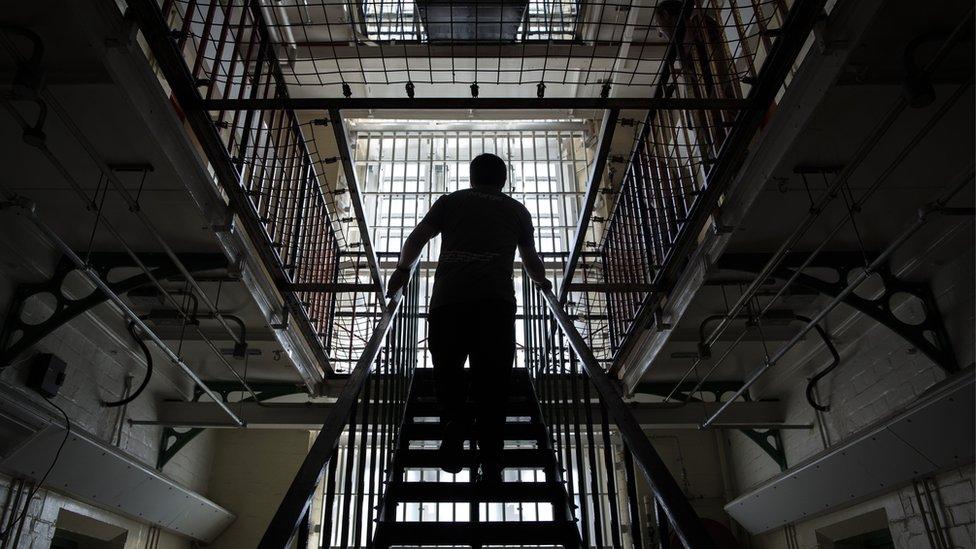
- Published27 September 2018
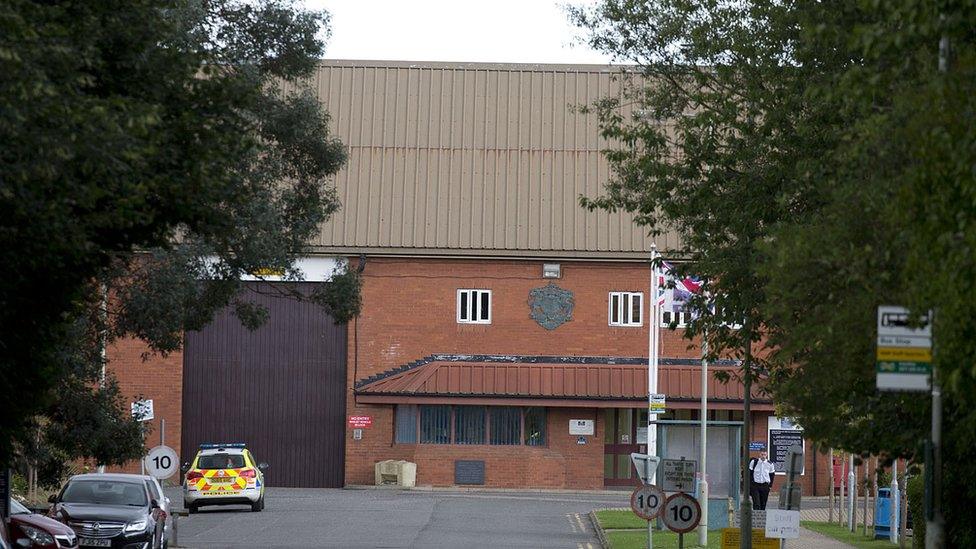
- Published22 October 2017
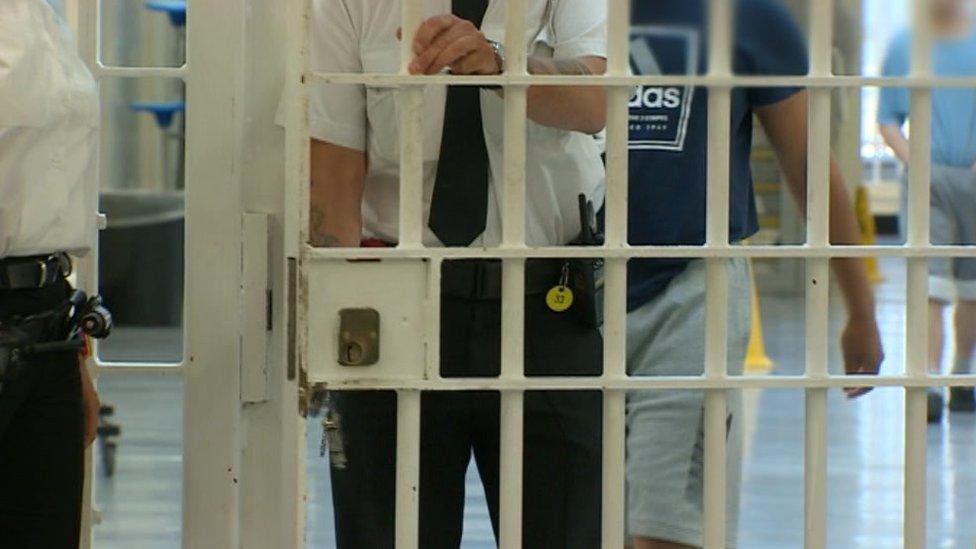
- Published4 April 2019
